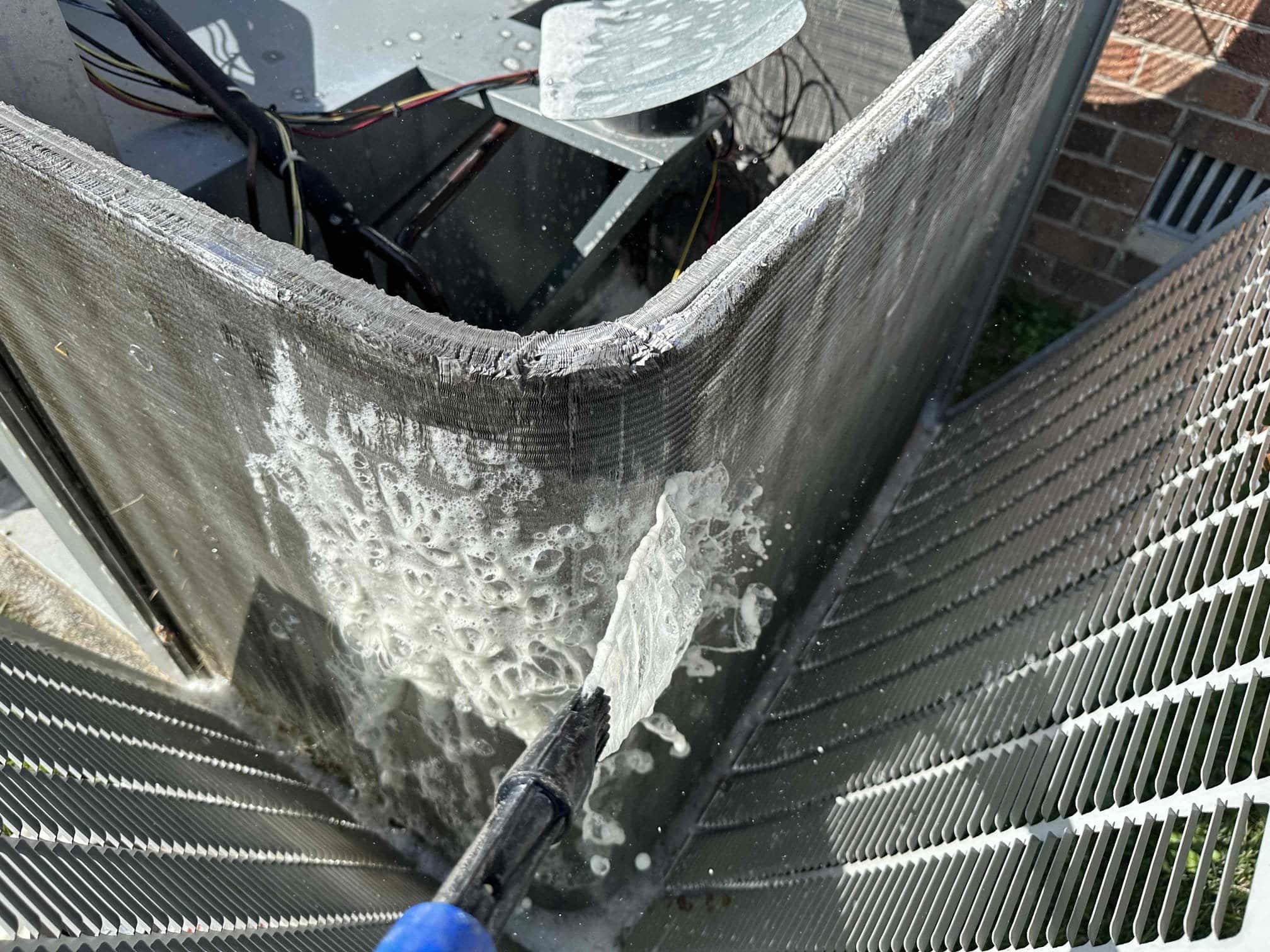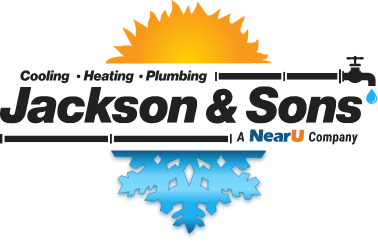
Proper HVAC maintenance is important to keep furnace and air-conditioning systems at optimum heating and cooling performance. As it turns out, it’s important to the U.S. Department of Energy (DOE) too. The DOE is involved in continuous HVAC research and also sets standards for the manufacture and maintenance of new air conditioners and furnaces. Maintenance standards impact the economy, quality, and performance of HVAC components that are purchased and installed in homes and businesses.
Here are some reasons why DOE recommendations are directly relevant to HVAC maintenance.
- Reduced malfunctions. There’s never a convenient time for a furnace or an air conditioner breakdown to occur. It can also require expensive repairs and, in some cases, a malfunction means the home or business is without heating or cooling when it’s most needed. Biannual HVAC maintenance by a certified HVAC technician is the front line of prevention when it comes to heating and cooling reliability. For commercial businesses, more frequent maintenance may be needed for restaurants, mills, and others. In this case, a customized mainteance plan can be provided by your HVAC professional to fit the specific needs for that particular business. If the units are still under warranty, a record of professional maintenance is also usually required to receive warranty compensation.
- Longer component life span. Proper maintenance helps ensure that parts incorporated in HVAC units deliver all the mileage they should as opposed to wearing out and requiring early replacement. Premature failure of certain components are an inconvenience and, depending on the age of the unit, may be extremely costly if the warranty has expired.
- Safer operation. Furnaces include gas burners and heat exchangers that keep deadly carbon monoxide from seeping into the system’s airflow. Also, certain air-conditioner components such as the compressor utilize high-voltage electrical power. Regular maintenance of these systems includes a check of components, as well as testing for safe operation.
- Lower monthly costs. The expense of gas and electricity consumed by HVAC components is directly related to the efficient operation of these units. Professional inspections and tune ups keep furnaces and AC units operating up to the unit’s DOE efficiency ratings. This means lower consumption of natural gas and electricity, reduced utility bills, and greater system reliability.
For certified professional HVAC maintenance, call on the experts at Jackson & Sons.

